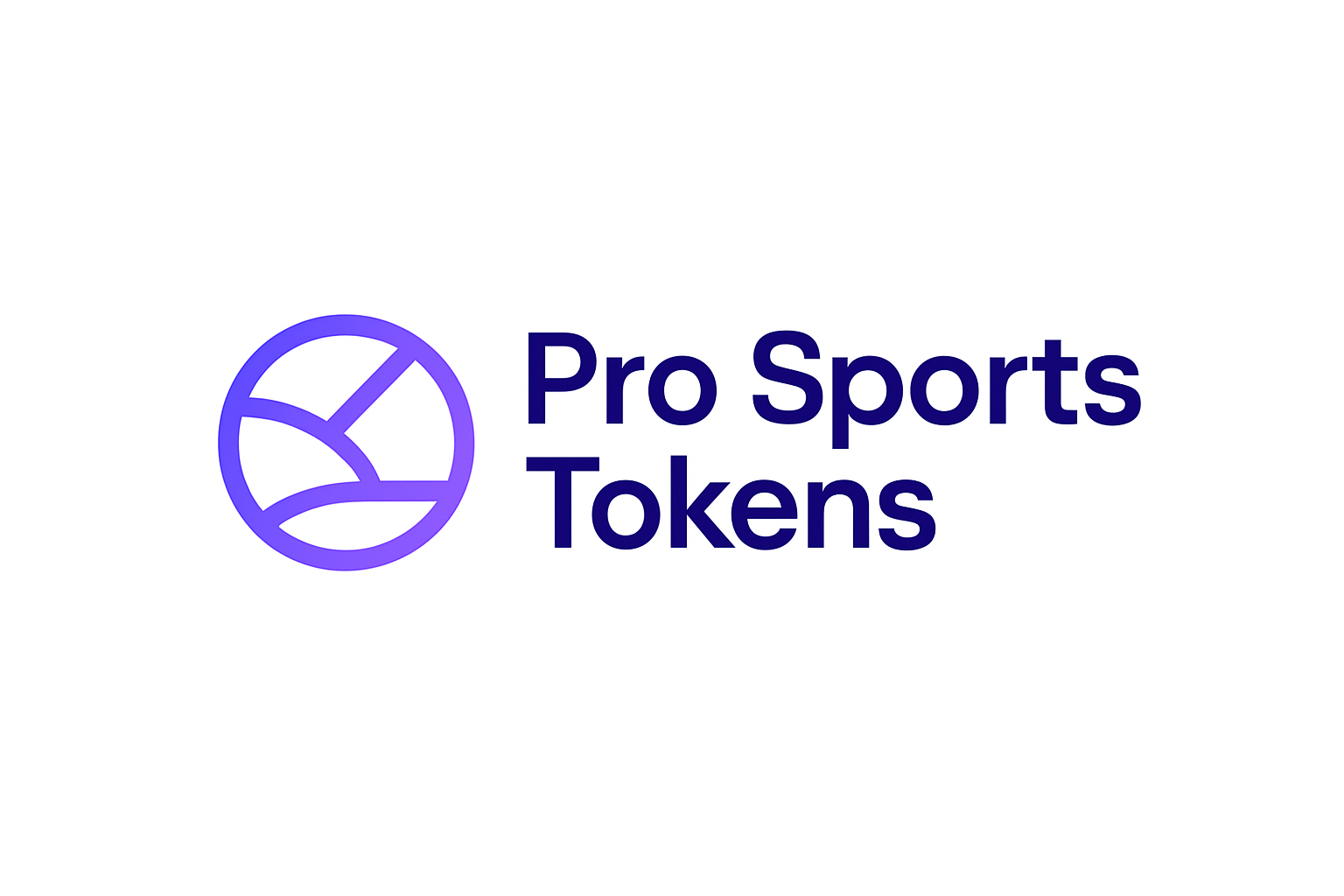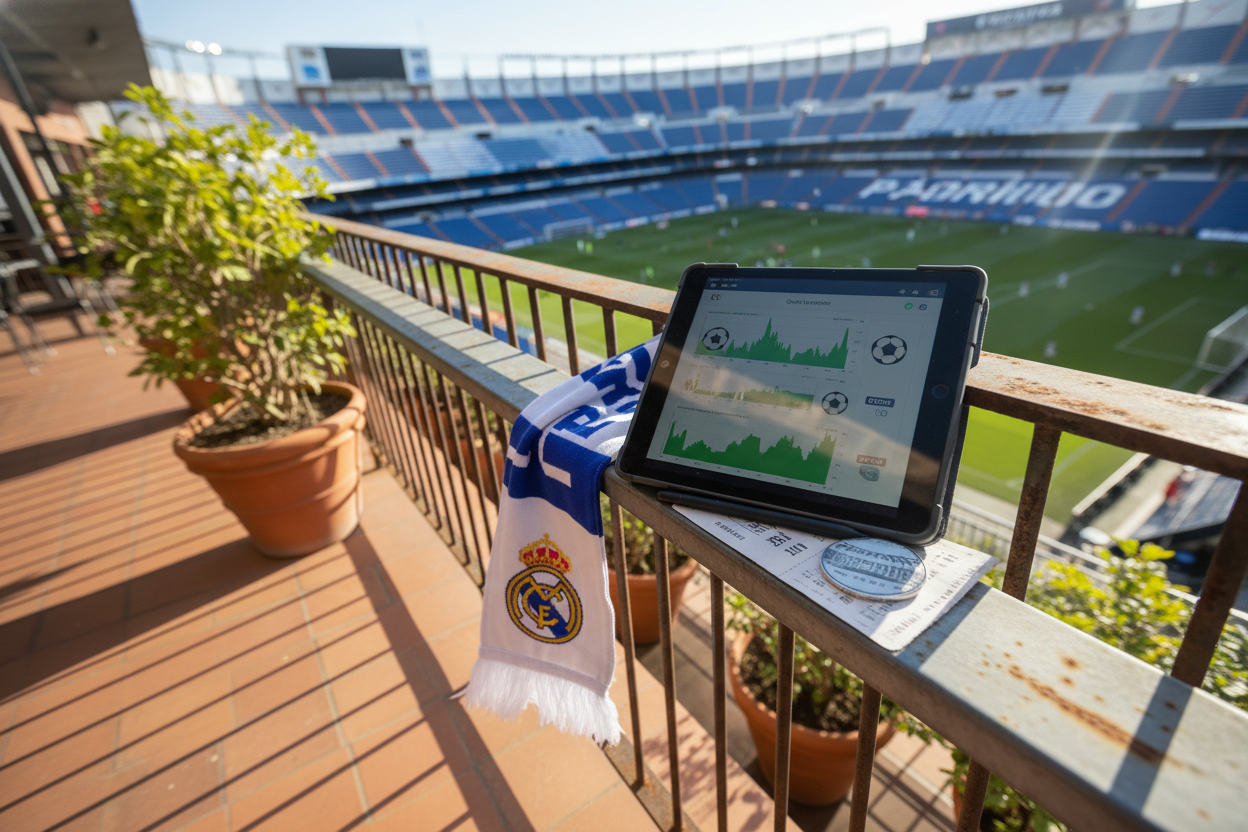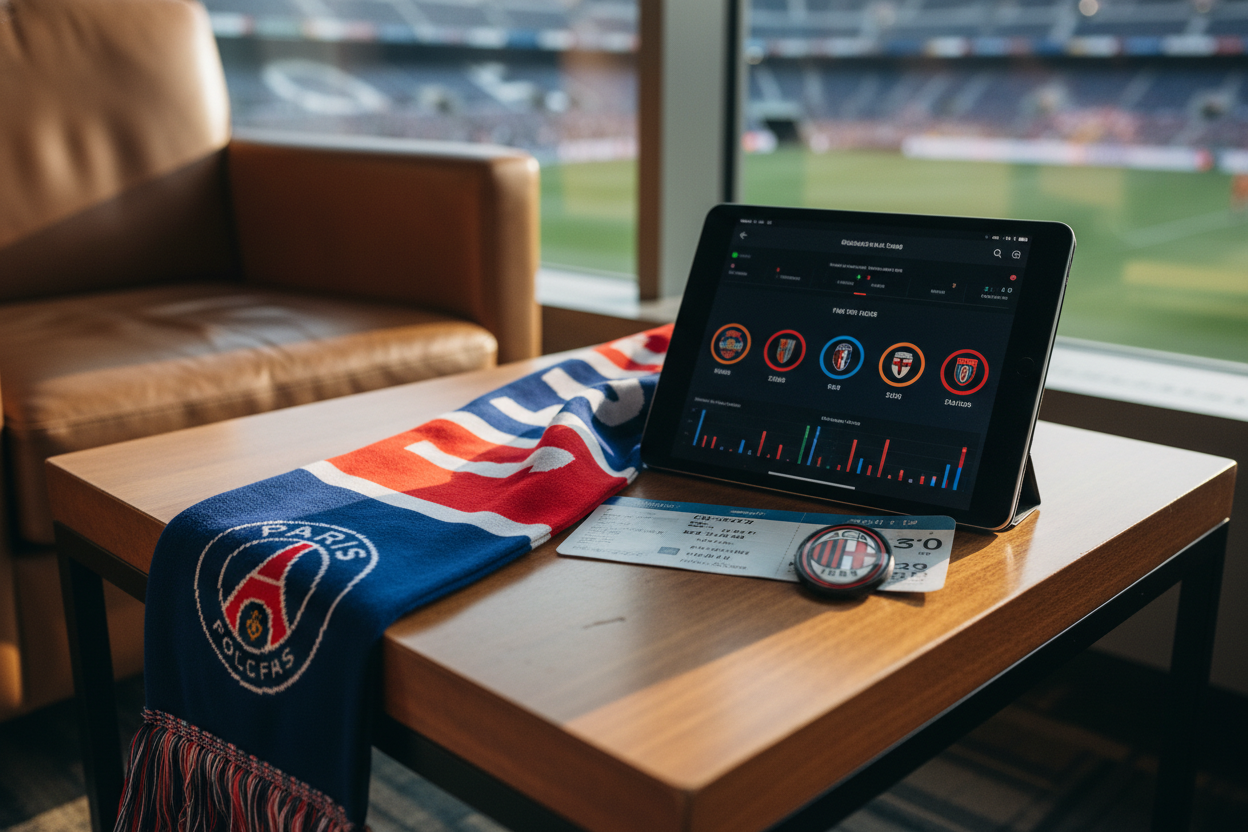
Blockchain technology is rapidly reshaping the landscape of sports fandom, moving fan engagement from static loyalty programs to dynamic, on-chain ecosystems. By transforming sports intellectual property (IP) into programmable assets and deploying smart contracts for transparent, automated rewards, teams and leagues are unlocking new value for both fans and organizations. This evolution is not just about digital collectibles or speculative tokens; it’s a fundamental shift in how supporters interact with their favorite clubs, influence decisions, and share in the economic upside of sports culture.

From Sports IP to Programmable Assets
The core innovation behind on-chain fandom lies in registering sports IP, athlete likenesses, club brands, even historic moments, on universal ledgers. Platforms like SCOR are pioneering this approach by converting these assets into programmable entries on-chain. This not only ensures authenticity and provenance but also enables customizable usage parameters. For example, an athlete’s digital likeness can be licensed for use in fantasy games or interactive experiences with built-in royalty logic enforced by smart contracts.
What sets programmable sports IP apart is its capacity to generate yield for both rights holders and engaged fans. SCOR goes further by recording fan engagement as verifiable on-chain skill, creating a decentralized economy where reputation and participation drive tangible benefits. This model is already being explored across football, basketball, cricket, and esports, see more about these developments at this deep dive into SCOR protocol’s impact.
Fan Tokens: Voting Rights and Real Utility
No discussion of blockchain-powered fandom is complete without mentioning fan tokens. Platforms like Chiliz have issued digital assets that let fans do more than just cheer, they can vote on club decisions (kit designs, match-day music), unlock exclusive experiences, and access gated content. Since 2019, European football giants like Juventus and Paris Saint-Germain have adopted official fan tokens via Socios. com, generating new revenue streams while giving supporters a stake in club governance.
This model has proven resilient even through crypto market cycles because it delivers real-world utility rather than pure speculation. For example, Manchester City’s CITY token allows users to participate directly in team-related polls through the Socios app; holding CITY also unlocks VIP rewards ranging from meet-and-greets to signed memorabilia. The result? A more invested fan base whose engagement is measurable, and monetizable, on-chain.
Loyalty Programs Reimagined: Tokenized Rewards and Gamification
The next frontier for blockchain in sports engagement is the gamification of loyalty itself. Companies like Uptop are leveraging Avalanche’s blockchain to create platforms where every fan interaction, from attending games to buying merchandise, earns tokenized points tracked transparently on-chain. The Cleveland Cavaliers’ Cavs Rewards program exemplifies this trend: fans accumulate points redeemable for everything from game tickets to digital collectibles simply by participating in everyday activities.
This approach not only increases retention but also opens up new monetization channels for clubs through partnerships with sponsors and third-party brands seeking access to highly engaged audiences. As the ecosystem matures, expect deeper integrations between tokenized loyalty platforms and traditional ticketing or retail systems, a shift that will make programmable rewards an industry standard rather than a niche experiment.
Digital Collectibles and Fantasy Sports: The New Fan Economy
NFT-based fantasy platforms like Sorare are taking blockchain-powered fandom one step further by tying digital collectibles directly to real-world performance data. Fans collect tradable cards representing athletes whose value fluctuates with their on-field achievements, a blend of fantasy gaming and investment that appeals to both die-hard supporters and crypto-savvy traders alike.
This model turns passive spectators into active participants in the broader sports economy while providing clubs with additional revenue streams via primary sales and secondary royalties encoded into each NFT transaction.
Integrated fan engagement platforms are also gaining traction, offering clubs a holistic toolkit to cultivate on-chain communities. Blocksport, for example, enables teams to launch branded apps that combine social features, gamified missions, and wallet integrations. Fans can chat, complete challenges, and earn digital rewards all within one ecosystem. This not only deepens emotional investment but also transforms casual followers into active contributors to the club’s digital footprint.
What’s striking is how these platforms allow clubs to monetize engagement in previously untapped ways. By issuing their own tokens or NFTs, teams can generate recurring revenue from fan participation while simultaneously rewarding loyalty with unique experiences or voting power. The result is a flywheel effect: as more fans engage and earn, the value of the digital assets, and the club’s brand equity, rises in tandem.
Risks, Rewards, and the Road Ahead
While programmable rewards and tokenized sports IP offer unprecedented opportunities for both fans and organizations, they also bring new considerations. Regulatory clarity around digital assets remains a work in progress in many jurisdictions. Clubs must balance innovation with compliance to ensure that fan tokens and NFTs do not inadvertently cross into unregulated territory.
There are also questions about inclusivity: will tokenized fandom create new barriers for less tech-savvy supporters? The best projects are addressing this by prioritizing user-friendly interfaces and educational outreach, critical steps if on-chain fandom is to become mainstream rather than remain a niche for crypto insiders.
Ways Fans Participate in On-Chain Sports Engagement
-
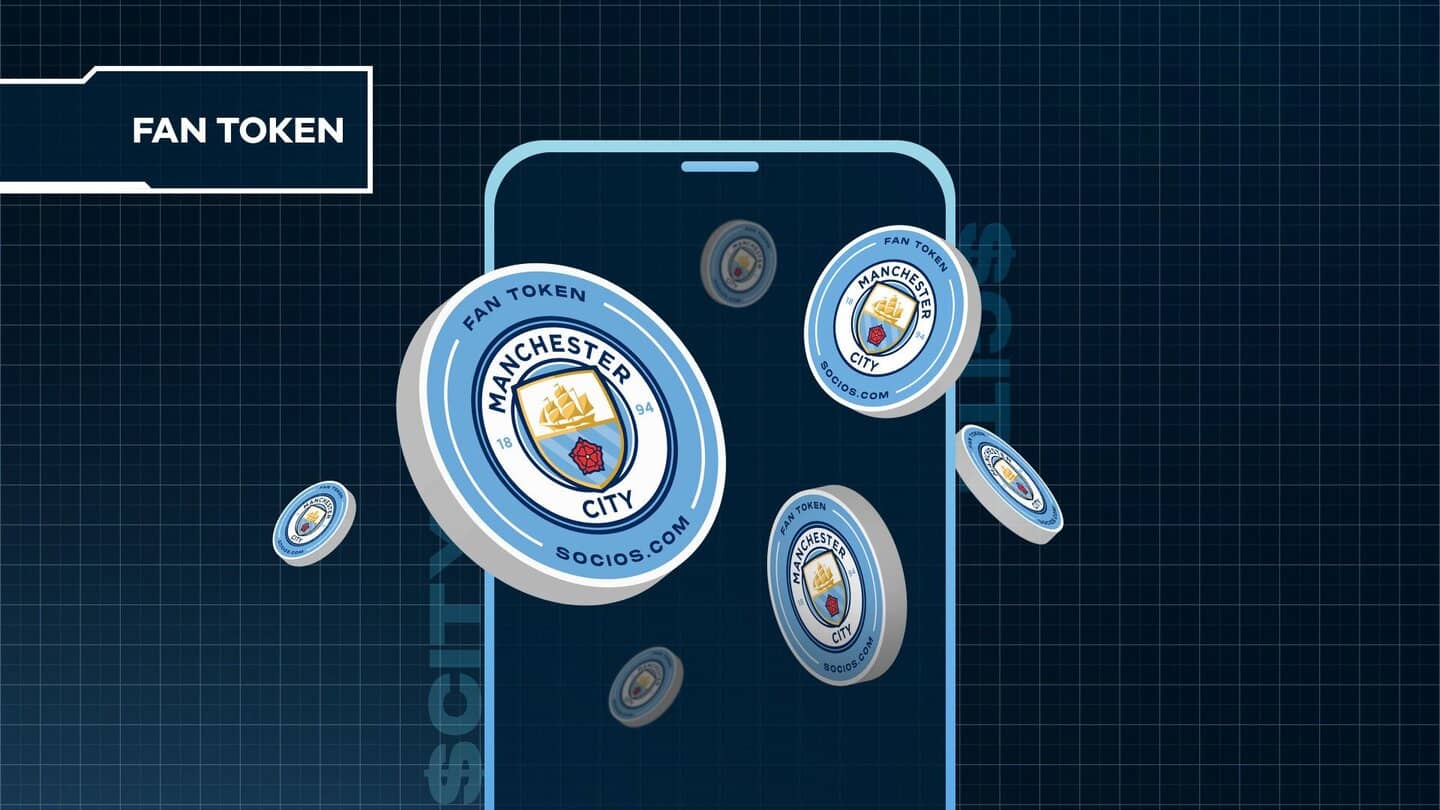
Voting on Club Decisions with Fan Tokens: Platforms like Socios.com and the Chiliz blockchain empower fans to purchase official team tokens, granting them voting rights on matters such as kit designs, stadium music, and charity initiatives. Clubs like Juventus and Paris Saint-Germain have adopted this model, driving deeper fan involvement and transparency.
-

Earning Tokenized Rewards at Games: Programs such as Cavs Rewards by the Cleveland Cavaliers (powered by Uptop and Avalanche) let fans earn blockchain-based points for attending games, making purchases, or engaging online. These points can be redeemed for VIP experiences, tickets, and digital collectibles, transforming loyalty into tangible benefits.
-

Trading Digital Collectibles & Fantasy Sports NFTs: Platforms like Sorare enable fans to collect, trade, and play fantasy sports using blockchain-based player cards (NFTs). These digital assets are tied to real-world athlete performance, blending fantasy gaming with verified ownership and a global trading marketplace.
-
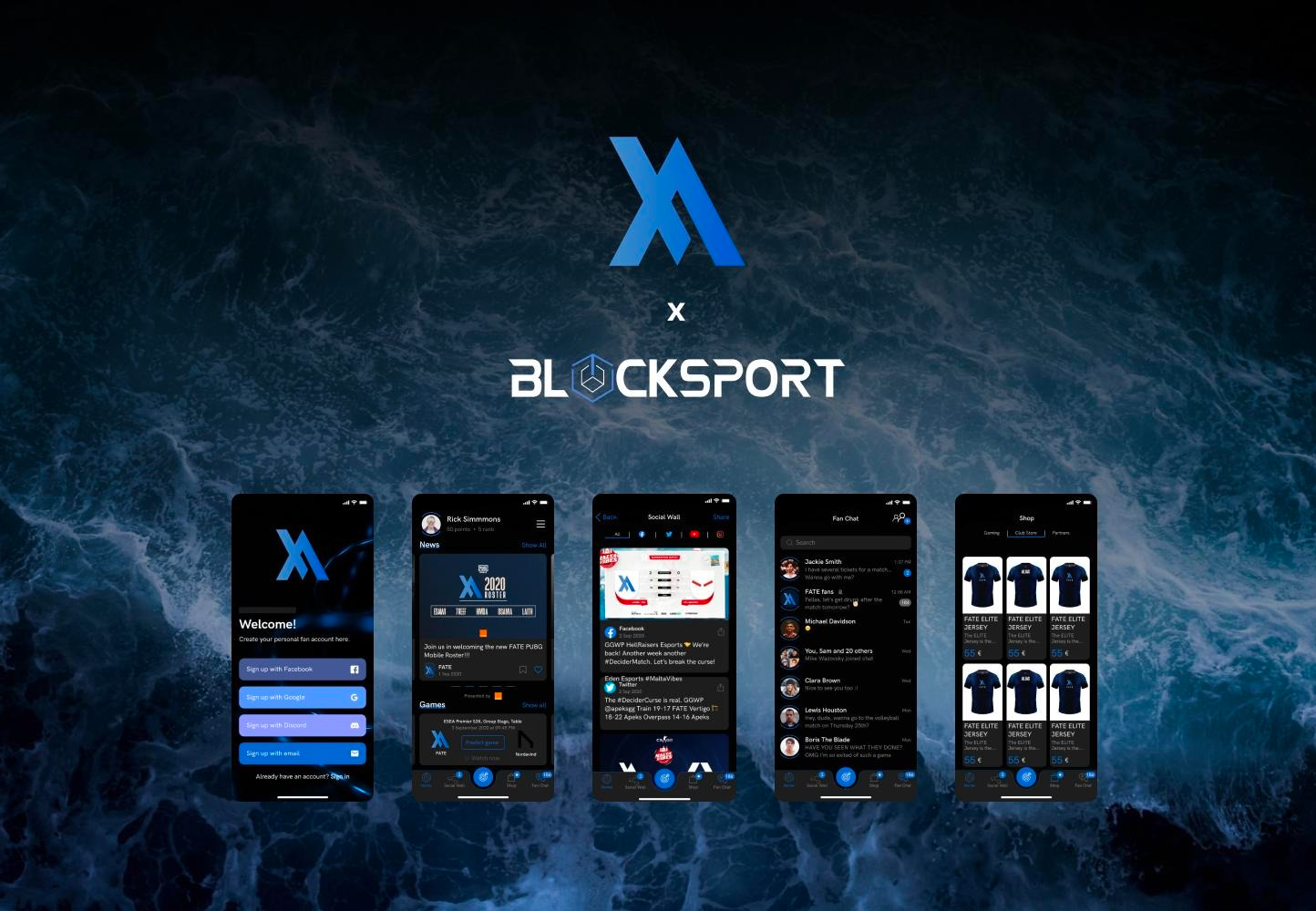
Participating in Integrated Fan Engagement Platforms: Blocksport provides clubs with apps that feature social walls, fan chats, and gamified missions. Fans can earn and use digital assets within these ecosystems, fostering community while enabling clubs to monetize engagement through token economies.
-

Interacting with Programmable Sports IP: The SCOR platform registers athlete likenesses and other sports IP on-chain, turning them into programmable assets. Fans can engage with this IP in apps and games, with their participation recorded as verifiable on-chain skill, opening new avenues for recognition and rewards.
Looking forward, expect even tighter integration between real-world events and on-chain data. Live attendance tracking via wallets or QR codes can feed directly into reward systems; performance-based bonuses for players could be distributed transparently through smart contracts; even anti-doping records may be managed on immutable ledgers (see examples here). The line between physical and digital fandom is blurring, and blockchain is at the center of this convergence.
Why On-Chain Fandom Matters Now
The rise of on-chain fandom signals more than just another tech trend, it’s a structural shift toward participatory sports culture. By transforming sports IP into programmable assets and deploying smart contracts for transparent rewards, blockchain empowers fans with agency while enabling clubs to build sustainable economic models around engagement rather than mere attention.
This new paradigm is still evolving but the momentum is undeniable. Whether you’re a lifelong supporter seeking deeper involvement or an investor eyeing the next wave of sports IP blockchain opportunities, now is the time to pay attention as programmable rewards reshape what it means to belong, and benefit, from your favorite team’s success.
